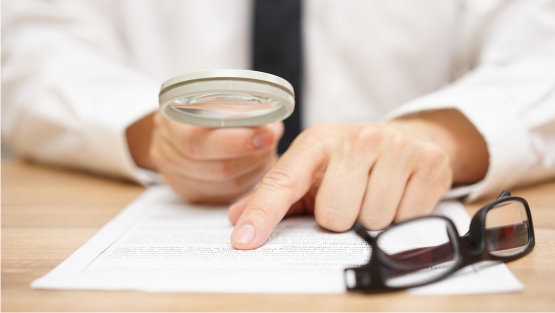FAQS-ON-FORENSIC-DOCUMENT-EXAMINATION

BFI provides hand-on-forensic training as well as online training on forensic document examination to forensic aspirants, lawyers, police officials all over National and at International level. We also provide practical exposure which covers broader aspects of questioned document field as well as other forensic science disciplines.
Our forensic training on questioned document enables the forensic aspirants, lawyers, corporate officials, police officials, college students with Bachelors/Masters degree in forensic science or in any other field of life sciences, professional etc.
A candidate with graduation or Post graduation in Forensic Science or in any other field of science is eligible to become forensic document examiner. One can also become certified forensic document examiner after completion of forensic document examination course from any recognized forensic organization.
Forensic document examination is the process of analyzing documents to verify their authenticity, origin, and any alterations. This can involve analyzing handwriting, ink, paper, printing methods, or even identifying if a document has been tampered with.
This service is often used in cases involving suspected forgeries, fraud, disputed wills, altered contracts, or any legal situation where the authenticity of a document may be in question. It can also be crucial in criminal cases, such as in ransom notes or anonymous letters.
Forensic document examiners can examine a wide variety of documents, including contracts, wills, checks, letters, historical documents, anonymous notes, passports, ID cards, and even digital documents in some cases.
Yes, some forensic document examiners specialize in digital document analysis, looking for signs of digital alterations, metadata tampering, or other forms of digital fraud. However, this may require specialized tools and expertise beyond traditional document analysis.
Yes, forensic document examiners use various techniques to identify alterations, including analyzing ink and paper under different lighting, checking for erasures, additions, or substitutions, and assessing differences in printing or handwriting.
Forensic document examination is a highly specialized field with established scientific methods and standards. While it can provide strong evidence, absolute certainty is often limited by the quality of the document and available comparison samples.
Yes, forensic document examination is a widely accepted field in forensic science, and qualified forensic document examiners are often called as expert witnesses in court cases. However, their credentials and methods may be scrutinized during proceedings.
Yes, forensic document examiners are frequently called upon to provide expert testimony in court. They can explain their findings and the methods used, helping the court understand the document’s authenticity and any irregularities found.
The time required varies based on the complexity of the case, the type of document, and the examination techniques required. Simple cases may take a few days, while more complex cases can take several weeks.
